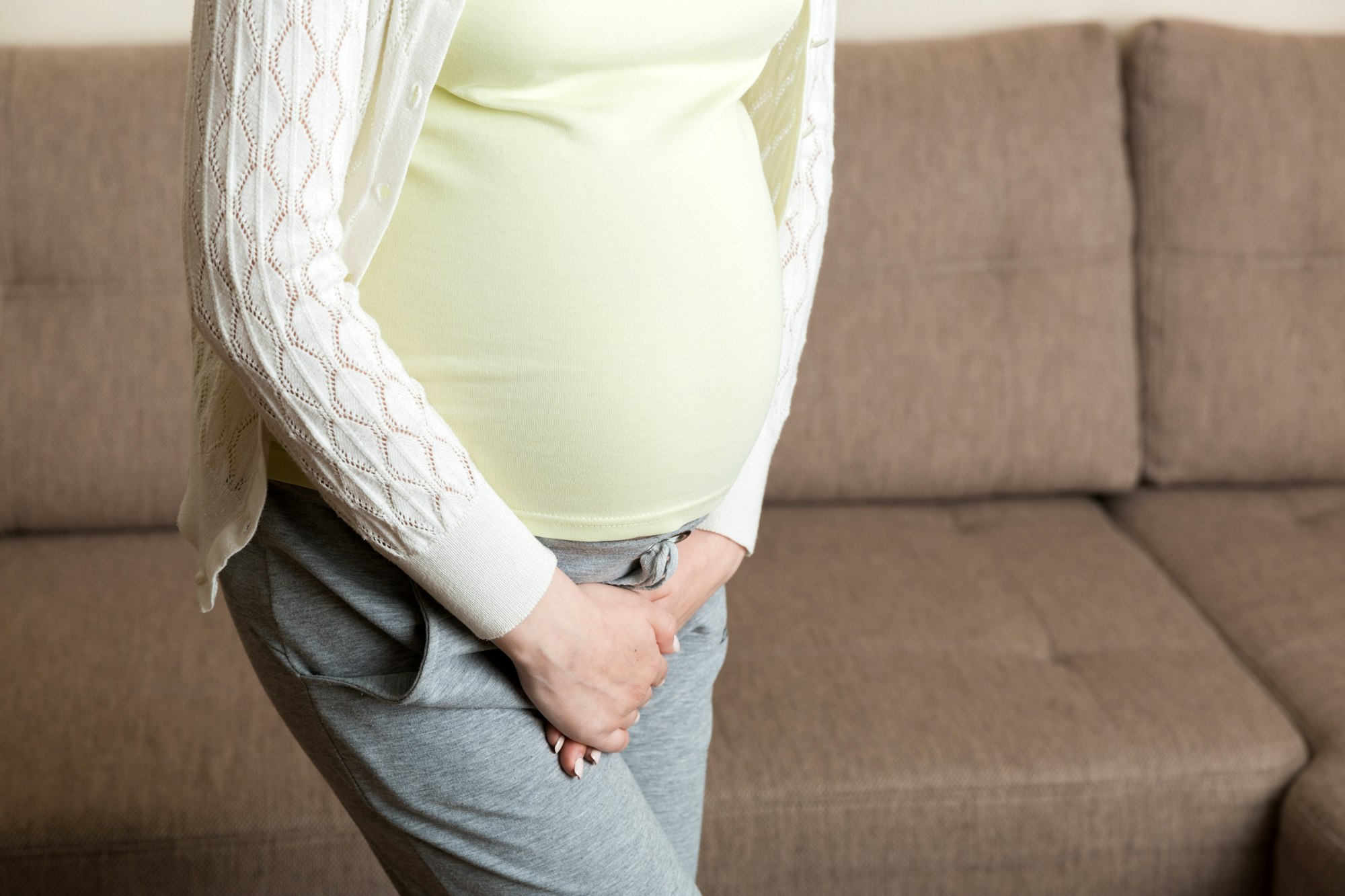What is incontinence?
What are the different types of incontinence?
Urinary incontinence can come in many forms, including:
- Stress, which occurs when pressure is placed on the bladder. Urine may leak out when you laugh, sneeze, cough, exercise or lift something heavy.
- Urge, which occurs when you have a sudden, intense urge to urinate, followed by an involuntary loss of urine. You will often feel the need to urinate, even during the night.
- Overflow, which occurs when the bladder doesn’t completely empty. You will experience constant, frequent dribbling of urine.
- Functional, which occurs when a mental or physical impairment prevents you from reaching the toilet in time. This is a can be a common issue for those with severe arthritis.
- Mixed, which occurs when you have more than one of the types above.
Fecal incontinence can occur temporarily during bouts of diarrhea, but for some people, it is a chronic, recurring condition. Common forms include:
- Urge, which occurs when you are unable to stop the urge to defecate. This feeling can come on so suddenly that it makes it difficult to reach the toilet in time.
- Passive incontinence, which occurs in people who are unaware of the need to pass stool.
What are the causes?
Urinary incontinence is a symptom, not a disease. It can be caused by underlying medical conditions, physical problems and everyday habits. Certain foods, drinks and medications can stimulate your bladder and increase your volume of urine. Alcohol, caffeine, artificial sweeteners, heart and blood pressure medications and muscle relaxants can all act as diuretics (increased production of urine). The following can also contribute to persistent bladder issues:
- Urinary tract infections (UTIs)
- Constipation
- Pregnancy
- Childbirth
- Menopause
- Changes in age
- Bladder stones
- Bladder cancer
- Prior pelvic surgery including hysterectomy
- An enlarged prostate (benign prostatic hyperplasia)
- Neurological disorders (i.e. back or spine surgery, spinal cord injuries, multiple sclerosis, Parkinson’s, etc.)
Fecal incontinence can be caused by a number of issues. For a lot of people, there are often multiple causes. They may include:
- Muscle damage to the end of the rectum (anal sphincter)
- Nerve damage to the nerves that sense stool in the rectum, or those that control the anal sphincter (ie. back or spine surgery, spinal cord injuries, multiple sclerosis, Parkinson’s, etc.)
- Diarrhea
- Constipation
- Hemorrhoids (veins that swell in the rectum and keep the anus from closing completely)
- Rectal prolapse (when the rectum drops down into the anus)
- Rectocele (for women, when the rectum protrudes through the vagina)
- Surgeries that cause muscle and nerve damage
- A loss of storage capacity in the rectum, which occurs when the rectal walls stiffen and cannot stretch

